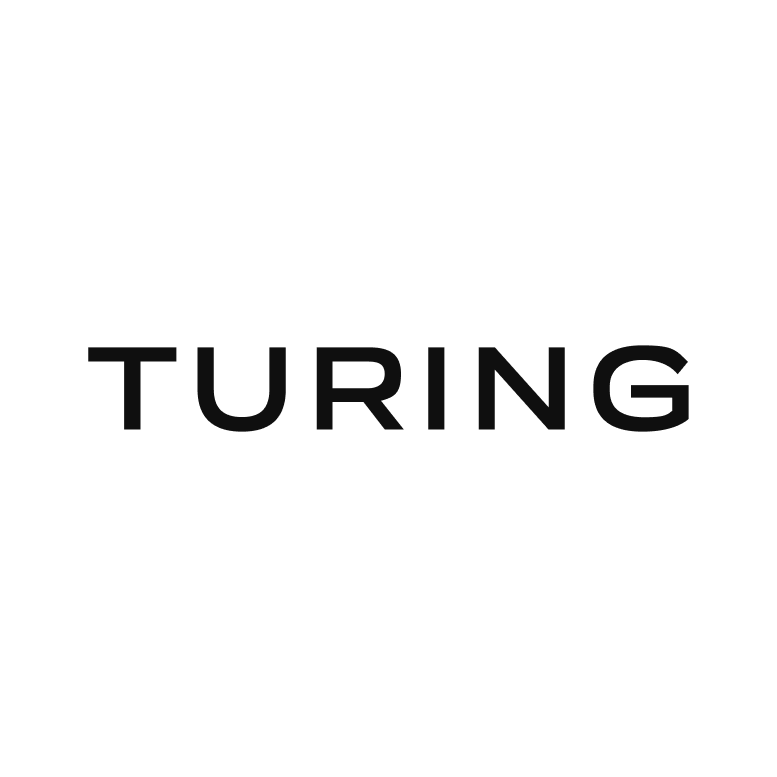Leverage Turing Intelligence capabilities to integrate AI into your operations, enhance automation, and optimize cloud migration for scalable impact.
Advance foundation model research and improve LLM reasoning, coding, and multimodal capabilities with Turing AGI Advancement.
Access a global network of elite AI professionals through Turing Jobs—vetted experts ready to accelerate your AI initiatives.
Leverage Turing Intelligence capabilities to integrate AI into your operations, enhance automation, and optimize cloud migration for scalable impact.
Advance foundation model research and improve LLM reasoning, coding, and multimodal capabilities with Turing AGI Advancement.
Access a global network of elite AI professionals through Turing Jobs—vetted experts ready to accelerate your AI initiatives.
From coding agents to customer support copilots, LLMs are making their way into production systems faster than ever. But the way we measure model performance hasn’t kept up. Academic benchmarks like MMLU and HELM—while useful for early comparison—are starting to hit saturation. And worse, they rarely reflect how models behave in the real world.
If we want to deploy LLMs with confidence, we need to rethink how they’re evaluated. That starts by replacing academic scoreboards with benchmarks built for enterprise workflows, agentic behavior, and measurable business impact.
Academic benchmarks no longer reflect real-world performance
Most LLM benchmarks are synthetic, static, and task-isolated. They tend to focus on multiple-choice trivia or closed-domain QA, often tested in a vacuum without tool use, context accumulation, or workflow integration.
This has led to two major problems:
- Saturation: Models like GPT-4 are nearing 90%+ accuracy on tests like MMLU. Improvements here don’t necessarily translate to better enterprise performance.
- Overfitting: Many evaluation datasets (like The Pile or C4) have leaked into pretraining corpora, leading to memorization rather than reasoning.
On top of that, most academic benchmarks don’t evaluate:
- Multi-step workflows or agent use
- Model behavior across tools or APIs
- Long-context reasoning or dynamic planning
- Business-aligned KPIs like task success or latency reduction
While models excel at benchmark scores, they often underperform on complex tasks that require workflow integration, tool use, or real-time reasoning.
They test what’s easy to grade—not what matters in deployment.
Benchmarks should reflect how models are actually used
A good real-world benchmark doesn’t just score accuracy. It simulates how models perform inside actual workflows—using IDEs, handling scheduling queries, interacting with tools, or supporting knowledge work in regulated domains.
The best benchmarks will be:
- Private and rotating: To avoid contamination and memorization
- Human-evaluated: Using expert judgment or preference-based scoring
- Workflow-grounded: Simulating tasks from sectors like healthcare, finance, and logistics
- Business-relevant: Measuring outcomes like resolution rate, throughput, or user satisfaction
In other words, they won’t look like leaderboard games. They’ll look like jobs.
What we’re doing at Turing
At Turing, we’re developing a real-world benchmark framework focused on enterprise-grade evaluation.
As part of our Applied AGI Benchmarks initiative, we’re collaborating with researchers and model builders to define and evolve evaluation methods that reflect real-world usage. This work draws inspiration from domain-specific efforts like tool-augmented reasoning in software workflows, code-level reasoning using GitHub issues and pull requests, task success and agent behavior in enterprise-like scenarios.
We’re using insights from these benchmarks to inform a structured, evolving framework—designed in collaboration with contributors across research and industry.
The framework will support:
- Multi-turn, multi-agent interactions
- Evaluation using private, rotating tasks
- Human-in-the-loop scoring
- Real-world KPIs over synthetic accuracy
Benchmarks should evolve alongside the models they evaluate. Through versioned pipelines, expert collaboration, and enterprise-grade rigor, we’re building an ecosystem that does just that.
Join the real-world benchmark community
We’re opening up collaboration on real-world benchmark development. Whether you’re an enterprise team evaluating LLMs or a contributor with a dataset or task idea, we want to hear from you.
You’ll be part of a community helping define how models are evaluated—and how deployment-readiness is measured across the industry.
Ready to turn AGI research into real-world results?
Start your journey to deliver measurable outcomes with cutting-edge intelligence.




